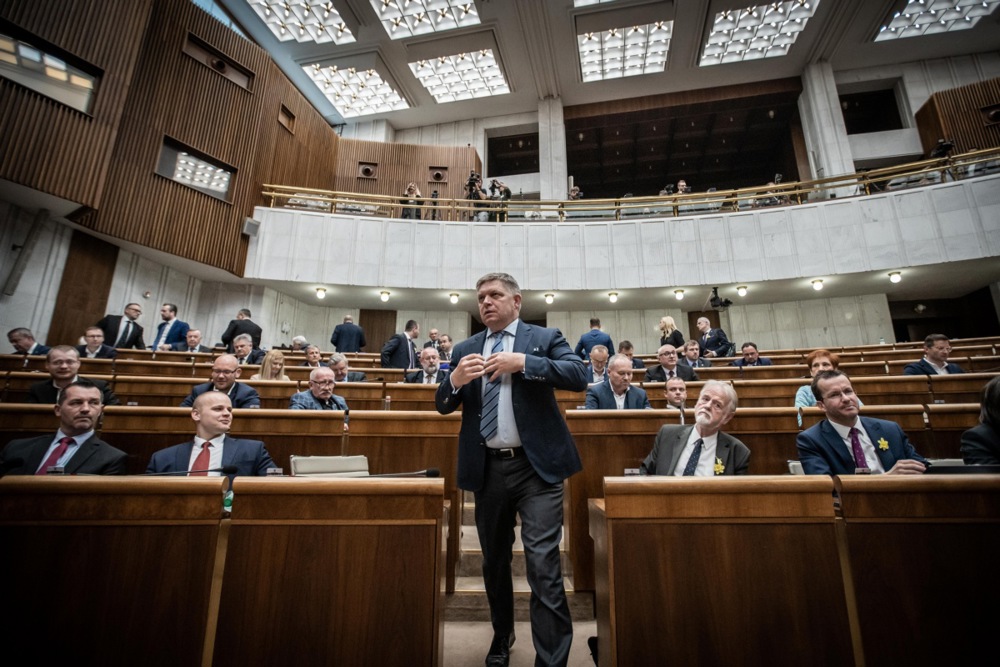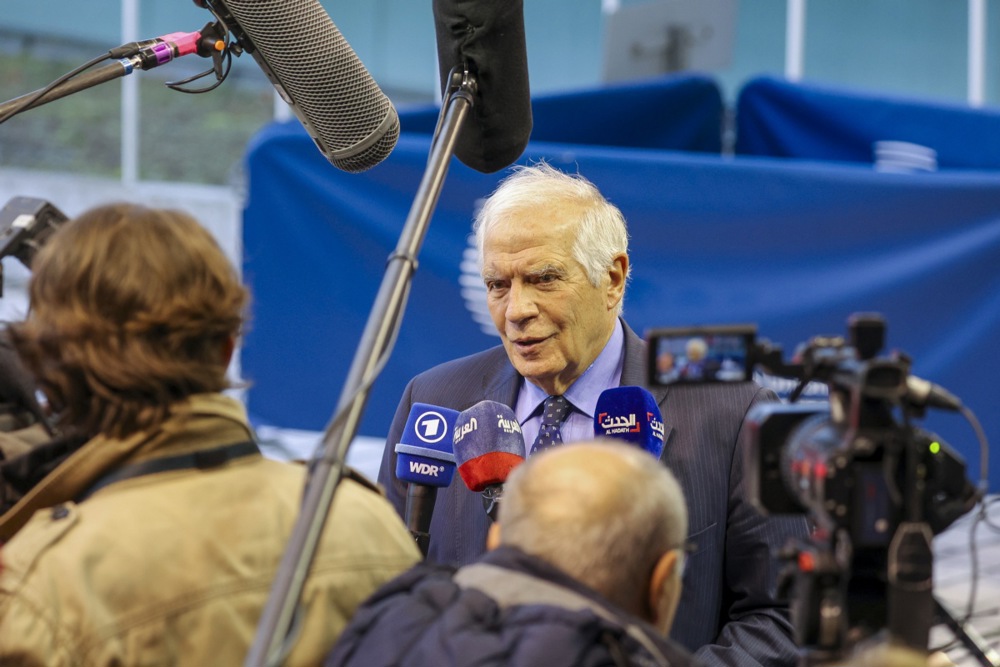As the housing crisis tightens its grip on Europe, prominent organizations have joined forces to issue a collective call for urgent action.
CEMR, Eurocities, Housing Europe, the International Union of Tenants, and SOLIDAR have penned an open letter to EU’s Housing Ministers, urging them to prioritize fair housing for Europeans.
The plea, released on November 13, coincides with the Informal Ministerial Meeting on Housing and Urban Development (November 13-14) under the Spanish EU Council Presidency in Gijon.
The housing crisis has escalated, affecting cities, regions, and countries across the EU, where the scarcity of decent, affordable housing has become an alarming issue.
“Europe is in a housing crisis”, the open letter begins.
“Today, the housing crisis affects not only the most vulnerable groups in our society, but has reached… middle income [families] that cannot afford housing on the market, yet are not eligible for social housing.”
Rents and house prices are soaring, surpassing income growth and burdening households. This crisis now effects many essential workers like police officers, teachers, and nurses, as well as individuals undergoing significant life changes the authors add.
? End Europe's #HousingCrisis! Eurocities joins other leading organisations in an open letter to #EU Housing Ministers for fair, sustainable #housing. #EU2023ES
✍️"Investment in decent, adequate and affordable housing is key now."
Read more: https://t.co/y2aiasOjjW pic.twitter.com/rjQ93elgi3
— Eurocities (@EUROCITIES) November 13, 2023
The open letter emphasizes the need for legislative reform, particularly the revision of the EU’s Services of General Economic Interest (SGEI) decision in 2012. The signatories advocate for an inclusive approach, broadening the understanding of social housing to encompass middle-income groups. European state aid rules must be adapted to accommodate this revised perspective.
The organizations express strong support for the Housing Ministers’ recommendation to the European Commission for a renewed approach. This is supported by calls from other EU institutions including the European Parliament’s Own-Initiative Report (2021) and opinions from the European Committee of the Regions (2017) and the European Economic and Social Committee (2019).
Highlighting the role of cities in addressing the crisis, the letter applauds innovative approaches adopted by various European cities. Examples include Amsterdam’s efforts to combat energy poverty, Valencia and Valladolid’s establishment of local green energy communities, and Vienna’s expansion of its grant program to support energy-efficient housing.
Several cities, such as Bristol, Lyon, Munich, Porto, Rotterdam, and Tallinn, have been spearheading initiatives for sustainable and inclusive housing. Bristol’s One City Approach, Munich’s Green Social New Deal, Porto’s strategy for affordable housing and clean mobility, and Lyon’s provision of a monthly minimum income for young people are among the diverse approaches.
While the Gijon Declaration is anticipated to be a significant step, the letter emphasizes that the true measure of success will be evident in the concrete actions that follow, transforming the housing landscape in the EU. As EU Ministers convene in Gijon, their decisions will play a pivotal role in shaping the future of housing in Europe.





